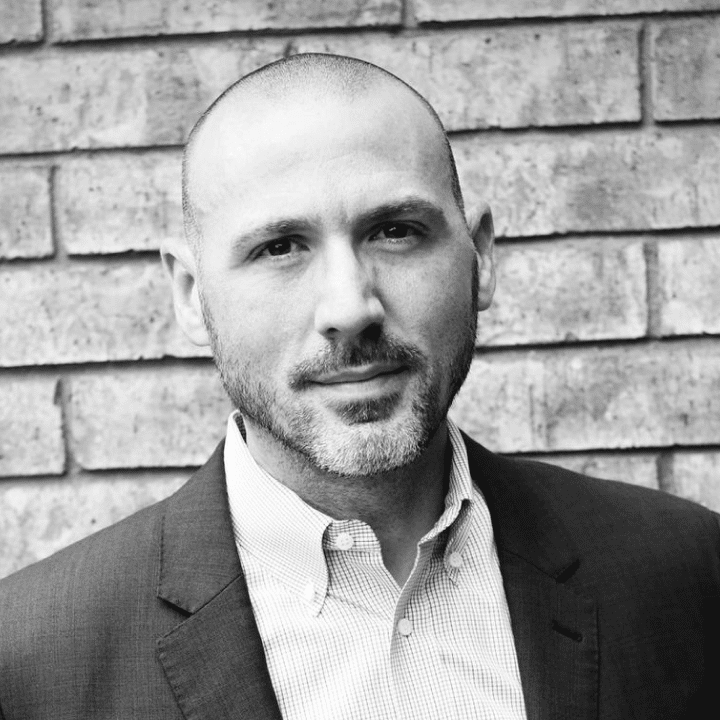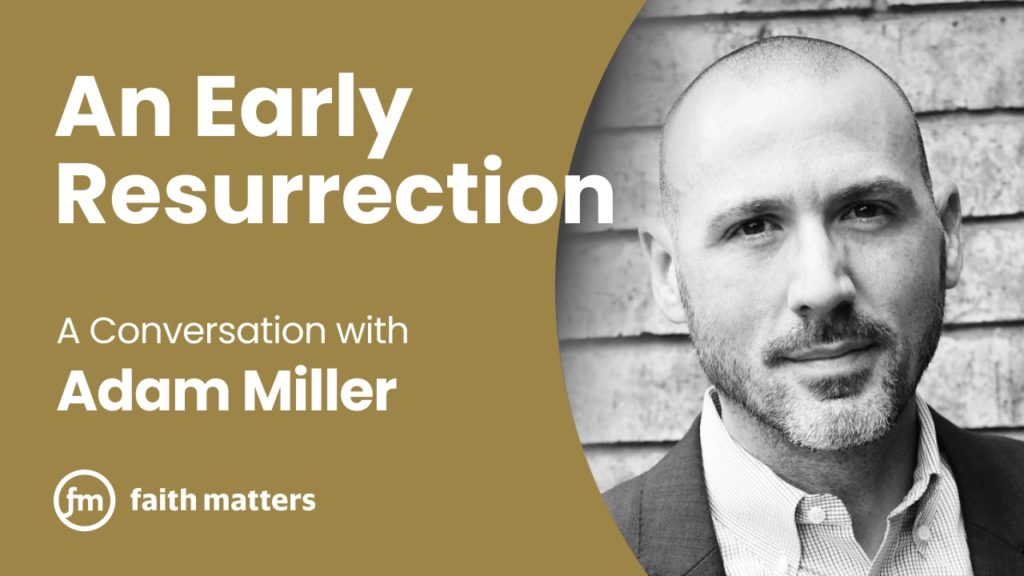A few months ago, my wife Susan and I met up for lunch with Texas A&M Professor Valerie Hudson Cassler and her husband David Cassler, a talented artist and landscape architect. We had a fun, wide-ranging conversation. Somehow, the issue of the church’s history with polygamy came up.
Valerie is no fan of polygamy. She agrees with the Book of Mormon prophet Jacob that polygamy is an evil and destructive practice (see this piece she recently wrote for Deseret News in which she illustrates just how unhealthy and abominable the practice is). But she has come to rather accept the practice of polygamy as a sort of Abrahamic test the early saints were commanded by God to make. (You can hear her articulate that view in depth in this interview.)
However, Valerie insists, plural marriage is not part of God’s eternal plan. If God ever mandated it (which is possible according to her reading of Jacob 2:30), it would be temporary, and for a specific purpose–e.g. to prove and refine the faith of his people. Like when God asked Abraham to do the unthinkable: Kill his own son.
Maybe Valerie is right. Her view is probably the most persuasive argument I have heard in support of the practice of polygamy in the 19th century. And yet I’m not persuaded.
The problem, I told Valerie, is that I don’t think I believe in “Abrahamic tests.” An “Abrahamic test” is God asking us to do something that is in clear violation of moral law and our conscience, in order to demonstrate that our obedience is to God, and not to any deeply held sense of right and wrong.
God is saying: “You must trust and obey me, even if I ask you to do something that seems unambiguously and monstrously evil, like slitting your child’s throat.”
I need scarcely begin enumerating the evils committed in history by people who thought they were acting according to God’s command, or at least with God’s approval. Examples are numerous and usually catastrophic. They give us good reason, rooted in human experience, to distrust any notion that God might in certain instances override “moral law” just to prove he can do it.
But there’s an even better reason to question the “Abrahamic test” idea. I actually think we misread and misunderstand the story of Abraham and Isaac.
The Day “God” and Religion Changed Forever
Travel back to Abraham’s time. Abraham grew up in a world in which deity was to be placated. Humans generally believed their survival and prosperity depended on staying on their god’s good side. Gods controlled things over which humans had no control—rains, floods, drought, pestilence, invasions, etc. So people often offered up a portion of their harvests or flocks, partly in gratitude but mostly to keep the gods happy and on their side.
But the gods could be fickle and unpredictable. Sometimes the sacrifices didn’t seem to be enough. How would you ever know for sure if you had offered enough to make your god happy? Better to err on the generous side, so just to make sure the gods were sufficiently appeased, many ancient cultures would offer the most valuable thing they had: human life. Men, women and children were put on the altar to appease a jealous, fickle, but powerful god.
We are given to understand that Abraham himself was nearly offered up on the sacrificial altar before his escape from Ur. And so it would have been a great disappointment, but perhaps no great surprise, when God told Abraham to do the unthinkable: kill his only son. After all, Abraham probably thought, that’s what gods sometimes require. Abraham’s god was acting just like all other gods in his world.
And so, the way we usually tell the story, Abraham proved his faith and love for God by his willingness to take a blade and slit the throat of his obedient son Isaac.
Except that he didn’t; and this was the moment history began to change.
In that very dramatic moment in which Abraham draws his knife, God sends an angel to stop him, and by stopping him, God will teach Abraham and Isaac (and the world) the most revolutionary truth of all.
“Abraham, stop! No, I am NOT the kind of God who would ask a man to murder his son.”
“ I am NOT the kind of god your fathers worshipped. I am NOT capricious and vengeful and egotistical and bloodthirsty.
“I am NOT the kind of God who would ask you to do monstrous and morally repugnant things. On the contrary, I want you to learn to become moral and good.”
“ I am your Father. I am merciful. I can be trusted. I love you and I love your son Isaac. I want to enter into a covenantal relationship with you.
“I’m NOT waiting on your sacrificial gifts before I will bless you. I have gifts for you now if you love me.”
And so God’s first gift to Abraham was the ram in the thicket. But that was only the beginning. God is going to show Abraham what His love is really about, blessing him so richly that, through Abraham, all of humanity would eventually be blessed.
So that’s why I’m not sure I can quite see polygamy as an “Abrahamic sacrifice.” I don’t think our Heavenly Parents would ever require, or even wish, us to violate the conscience they so dearly want us to nurture in order to become like them. And besides (back to polygamy in the early church) where was the “ram in the thicket” for Emma and Joseph as the sanctity of their marriage lay on the sacrificial altar?
I can still look at the early saints’ experience with polygamy as a sort of “sacrifice”—in the classic sense. The word sacrifice literally means “to make sacred.” And I think they found ways to make their relationships sacred, despite the heavy burden of plural marriage. God’s grace still attended them. They could still, and often did, live inspired and noble lives.
So are we children of Abraham?
So back to us and the title of this essay. Is Abraham’s story really our story? Are we really children of Abraham?
We can be.
We become children of Abraham as we apprentice ourselves to Jesus Christ.
We become children of Abraham as we learn to align the divine light within us with God’s true nature.
We become children of Abraham as we enter into covenantal relationship with God and with each other and as we live out these covenants.
We become children of Abraham as we listen to and cultivate the divine light within us, and refuse to entertain a course of action that compromises that light. Because, if we refuse to learn the lesson God taught Abraham, there may be no “ram in the thicket” for us.



